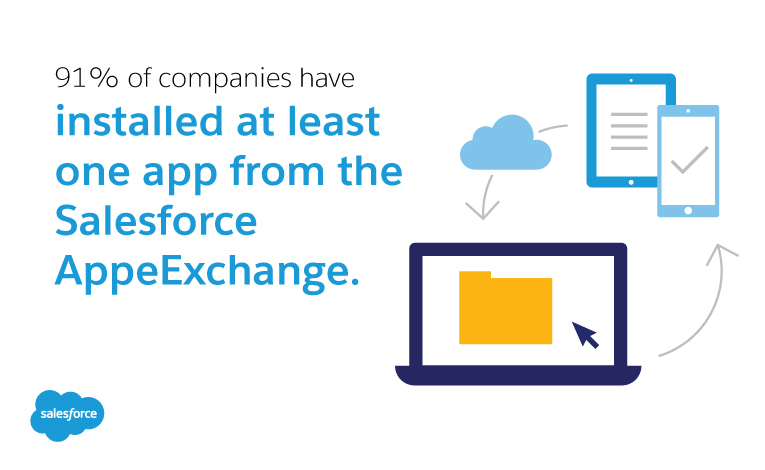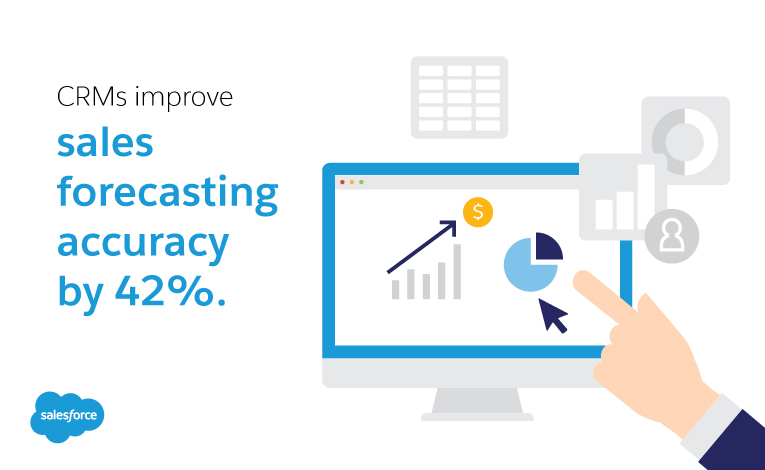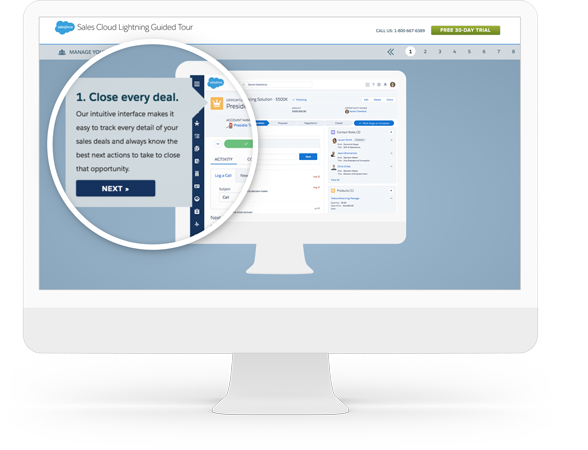Comparing Zoho Reviews to Salesforce
Zoho Reviews When Compared to Salesforce


Start by Optimizing Customer Relationships
Customer Relationship Management software (CRM) is currently the fastest growing business software market. Research firms like Gartner are predicting, as reported by Forbes, that the CRM market will reach $36.5 billion by 2017. And there are solid reasons behind all that growth. The CRM company, Bigcontacts.com, claims that a CRM can increase revenue by 41% per salesperson. Trackvia.com—a workflow management software company—claims CRMs improve customer retention by as much as 27%. And Salesforce, who arguably sets industry standards for CRMs, reports that CRMs improve sales forecasting accuracy by 42%. So, there’s really no question whether or not a company should invest in a CRM. The only question is which CRM solution is the right choice. The answer to that question is the same as the answer for most other business decisions: It depends.
As mentioned, Salesforce leads all categories with its comprehensive, cloud-based solution. And even though Salesforce offers basic service packages beginning at $5 per user per month, which include features like accounts & contact management, task & event tracking, Outlook sync, Salesforce1 mobile app, content library, customizable reports, and its company social network, Chatter, small and very-small businesses might feel compelled to shop around first. That might be the case when, for example a business is unsure whether a CRM will really benefit them. Or, maybe they have reason to doubt that it will be implemented fully and given complete top-down support. Maybe they have a need to build a history working with a CRM to present a case-study-type report to upper management in hopes of prompting a more decisive time and resource investment.
In any of those cases, starting with a CRM that offers a free version might seem like a good idea. Salesforce’s bargain basement $5 per month package might seem cheap to a large enterprise, but that price is tallied per user and billed annually, and should a small business decide that they need something else in a CRM solution, then that money goes to waste.
Zoho Free Version
Zoho Features and Benefits
The Limitations and Disadvantages of Zoho
Zoho vs. Salesforce

The same CRM buyer’s guide that crowned Zoho the best free CRM, also crowned Salesforce that best overall CRM for small business and here’s a few reasons why:
The CRM Industry Standard: Salesforce simply has the reputation for providing the best platform for improving customer relationships. Yes, it can cost more. However, Salesforce is known for setting the standard when it comes to ease of use, customizability, and innovation in the CRM space.
Customize to Business Needs: Salesforce offers access to the AppExchange, which allows users to easily customize their CRMwith thousands of applications built on, and for, the Salesforce platform. In fact, 91% of companies using Salesforce have at least one AppExchange app installed.
No Growing Pains: Perhaps most important of all, Salesforce really shines at being scalable. Many businesses turn to Salesforce right from the startup phase and then implement more and more of its advanced features as the business grows. This allows not only for an attractive ROI from the start, but also one that expands along with the organization.
With Salesforce, there’s a reason why it’s the #1 CRM. Unlike Zoho, it isn’t out only to save money, the platform is designed to make their customers money -- and that’s a huge differentiator between the two products. After all, in the world of business software, free may be good, but profitable is even better.

